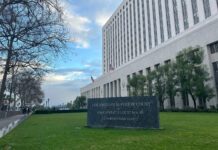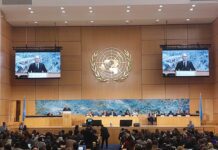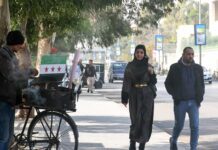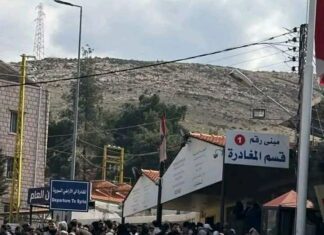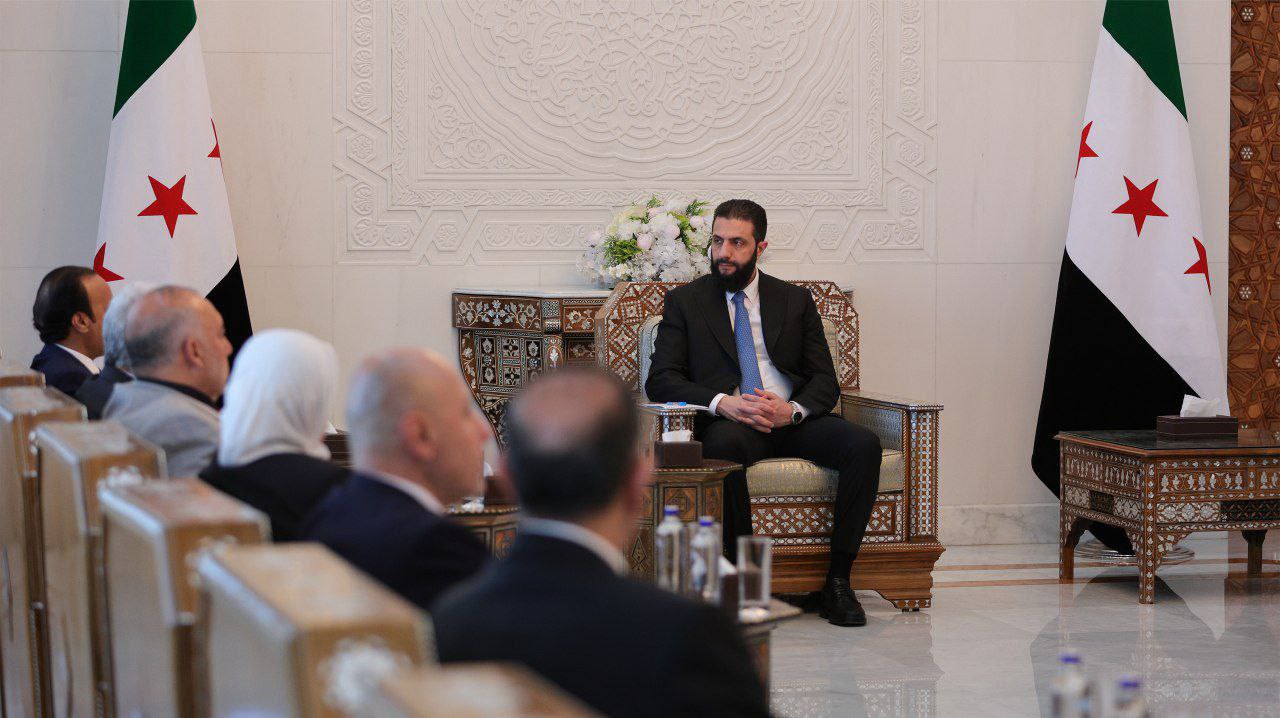
The Syrian Fact-Finding Committee investigating the deadly events on the country’s coast will continue its work for three more months after President Ahmad al-Sharaa approved a non-renewable extension to its original 30-day mandate. The extension, announced April 10, comes amid mounting calls for accountability and transparency following the violent clashes in Latakia and Tartous that began March 6.
Committee spokesman Yassir al-Farhan said the initial timeframe was “insufficient” to complete investigations across 41 sites representing as many cases. “Building evidence in these cases requires more time,” he told Syria TV, adding that the committee has gathered around 100 testimonies, including from security officials, military personnel, and civilians.
Since its formation by presidential decree on March 9, the seven-member body, comprised of five judges, a lawyer, and one military officer, has interviewed detainees, met with local leaders, and visited detention centers housing suspects from both the ousted regime and other armed factions. The committee also met with the United Nations Independent International Commission of Inquiry on Syria in Damascus.
The Syrian Network for Human Rights (SNHR), which documented 1,562 deaths during the coastal unrest, criticized the committee’s composition and capacity, saying it lacked “the necessary expertise” and had not contacted key civil society organizations.
Human rights watchdog Syrians for Truth and Justice echoed these concerns, arguing that the committee’s ties to the presidency and inclusion of figures linked to former armed factions undermined its impartiality. It also raised concerns about inadequate witness protection and limited access to evidence in areas still under military control.
Despite the criticism, the committee has continued its work, recently hearing testimony from Tartous Governor Ahmad al-Shami and pledging to maintain direct engagement with residents of affected areas. Farhan emphasized that any conclusions or recommendations will only be made once investigations are complete and backed by verifiable evidence.
Syrian journalist Abdulkarim al-Thalji called for broader collaboration, lamenting the lack of cooperation with human rights bodies and the delay in forming a transitional justice mechanism. “Combating impunity is an urgent need,” he told Al-Araby Al-Jadeed. “There can be no peace without justice.”
President al-Sharaa’s decision to extend the mandate suggests the government sees the investigation as an ongoing process, but rights advocates say its credibility depends on demonstrable independence and follow-through. As journalist Amar Diop warned, “Without accountability and oversight, the committee’s work risks losing public trust.”

